The United States is facing a housing crisis
The United States is facing a housing crisis and, according to some estimates, there simply aren't enough homes in the US.
The most recent estimates from the Federal Home Loan Mortgage Corporation, commonly known as Freddie Mac, show the country is about 3.8 million housing units short of demand, which means that there aren't enough homes to keep up with the number of new households that are forming,
Elevated mortgage rates, which have doubled since early last year, have constrained homebuyers’ purchasing power.
Instability in the banking sector, uncertainties about possible layoffs, and, growing recession risks, are also causing prospective homebuyers to hold back.
The homelessness crisis is particularly severe in the state of California. According to a new study by the University of California, over 171,000 people are homeless in the rich Western State.
California is home to 12% of the nation's population, 30% of the nation's homeless population, and, half the nation's unsheltered population.
People really need the ability to pay their rent.
When we ask people what would have kept them from being homeless, actually relatively small amounts of money, over eight in 10 said had they received one time five to $10,000 to catch up on their rent, to pay first and last month's mortgage, so that they could continue paying, you know, a new apartment, they would have never become homeless.
Margot Kushel, Center for Vulnerable Populations
The study reveals the homeless population in California is aging; nearly half of those who were were over 50 and older. It also reveals that homelessness is more prevalent among California's residents of color and minority groups.
Furthermore, nearly half of the homeless surveyed in the research reported an inability to work due to age, health, or, disability.
More than 1 million people experience homelessness in the US in a given year, and many more are at risk of losing their homes, however, the actual figures are widely believed to be considerably higher.
Florida, New York and Washington also had high rates of homelessness last year.
California is emblematic of neoliberal US Empire with a liberal face around the world. California's economy is ranked among the top 10 in the world.
If it was an independent nation, California would be among the ten wealthiest countries in the world.
Yeah, with that in mind, California also has some of the highest poverty rates in the United States, some of the highest homelessness rates in the United States, and, some of the highest rates of inequality.
The rich keep getting richer and the poor keep getting poorer.
Ramiro Funez, Journalist
Despite positive signs of a potential economic improvement in the US economy, experts are still worried about a possible recession in the country.
Over the past 15 months the US Federal Reserve has tried to tame inflation raising interest rates above 5% in an attempt to get price increases back down to a more normal pace.
Less expensive gas and slower grocery price adjustments have helped to lower overall inflation from its four decade peak last summer, however, experts warn the battle is not yet over because food and fuel costs tend to jump around a lot.
Furthermore, experts believe the Fed may need to do more to cool growth and to rein in demand to prevent unusually elevated price increases from becoming permanent.
Concerns are also rising about a possible recession in the US. Some experts believe the US may avoid a recession, but the fact that big economies like the EU and Germany are now experiencing a recession are bad signs for the US economy.
The slower economic growth rate in China may also pull the US into trouble. China's central bank this month started trimming major interest rates to support growth.
Manufacturing is already probably in recession. But I'm not sure exactly what sector of employment is going to pull back. But I do think that is the linchpin, and in order to get a weaker economy, you have to get a weaker employment.
But I think that's going to come as I mentioned unemployment claims, which is the best timely measure of labor markets, they've moved up already a fair amount to about 260,000 up from maybe 180,... and 300,000 is the recession level.
A possible recession could throw the lives of millions of ordinary Americans into disarray with higher prices increasingly denting people's ability to satisfy their needs.
In California, for example, food banks, which saw more families seeking help during the pandemic, are now serving more people every month.
Extra assistance benefits started during the pandemic have come to an end, reducing benefits to 5.3 million Californians and prompting the statewide food banks Association to warn of a "catastrophic hunger crisis" this year.
There's no solution to this, really, this was a huge loss for our whole state, for the whole country.
And food banks can't just simply come up with the replacement.
We're struggling already with donations that are down from the height of the pandemic. It's not seen as so much of a crisis anymore.
Carissa Casares, Spokesperson, Feeding San Diego
To ward off the catastrophic hunger crisis this year food banks have also expressed concern over the federal debt ceiling agreements which imposes more requirements on food aid recipients.
VIDEO | Press TV's news headlines
Senior Russian general shot and wounded in Moscow: Officials
UK ordered in 'milestone' court ruling to pay $570 million for colonial-era massacre
VIDEO | Defying the rubble, Gaza opens its first face-to-face school since start of war
‘Ready for next round’: Million-man rally in Yemen backs Gaza, resistance
FM Araghchi departs Muscat for Doha following nuclear talks with US
Israeli keeps killing more Palestinian civilians in Gaza amid relentless ceasefire violations
Aliyev: Azerbaijani territory will not be used for threats against Iran


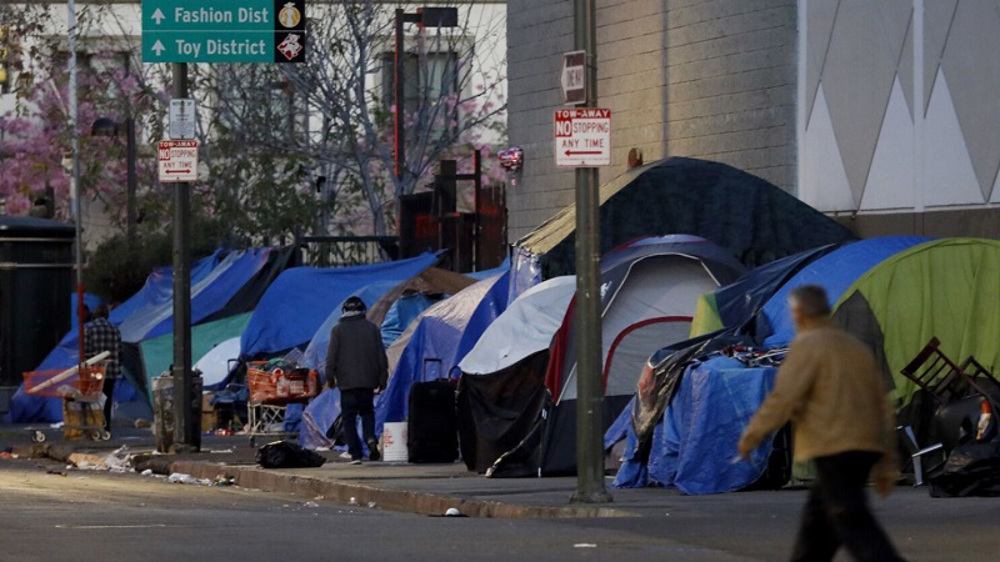
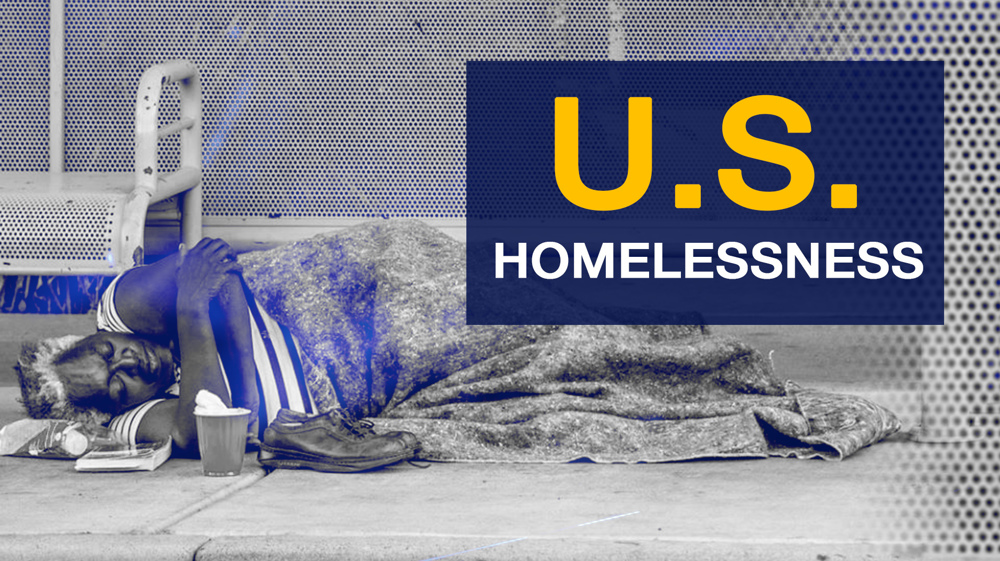
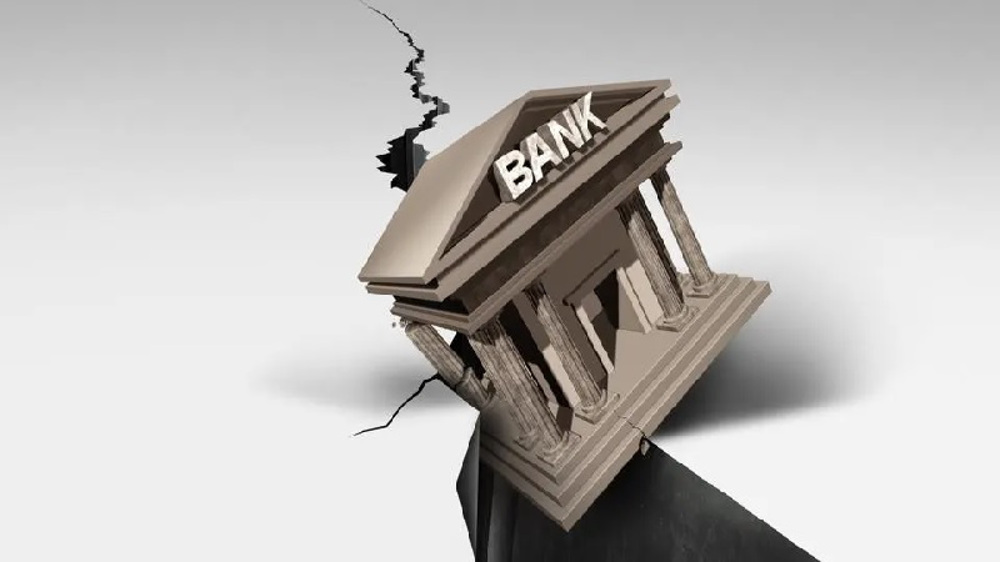

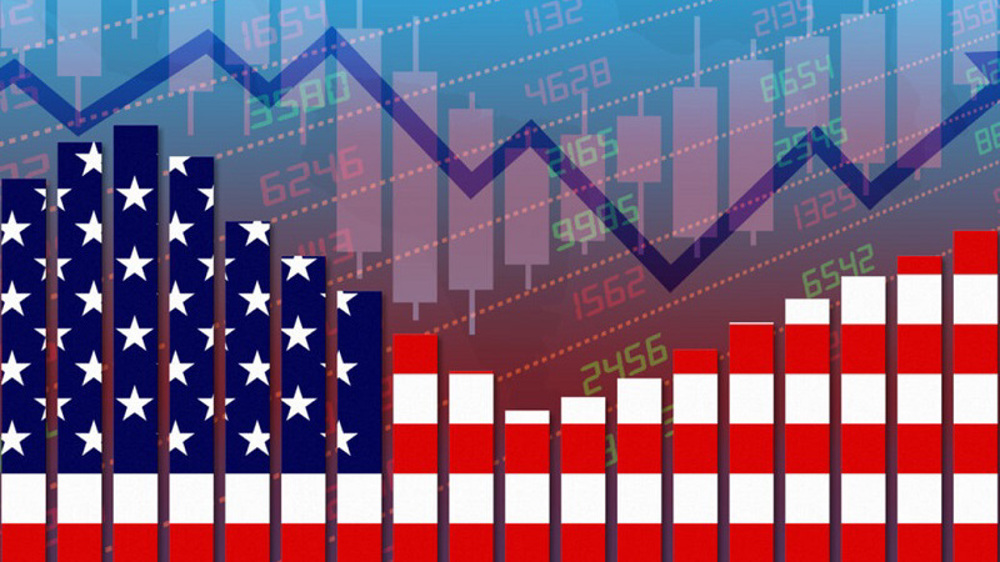




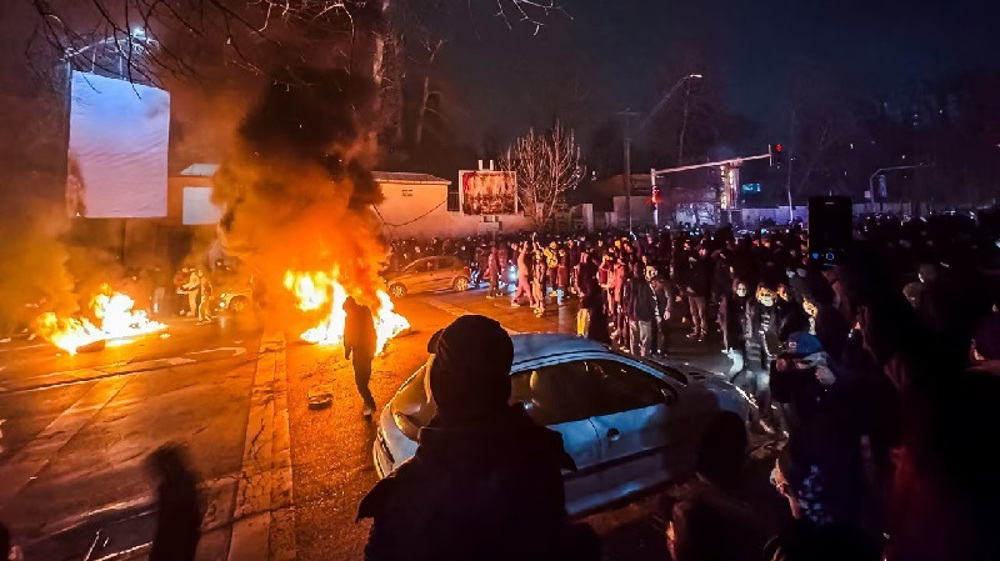



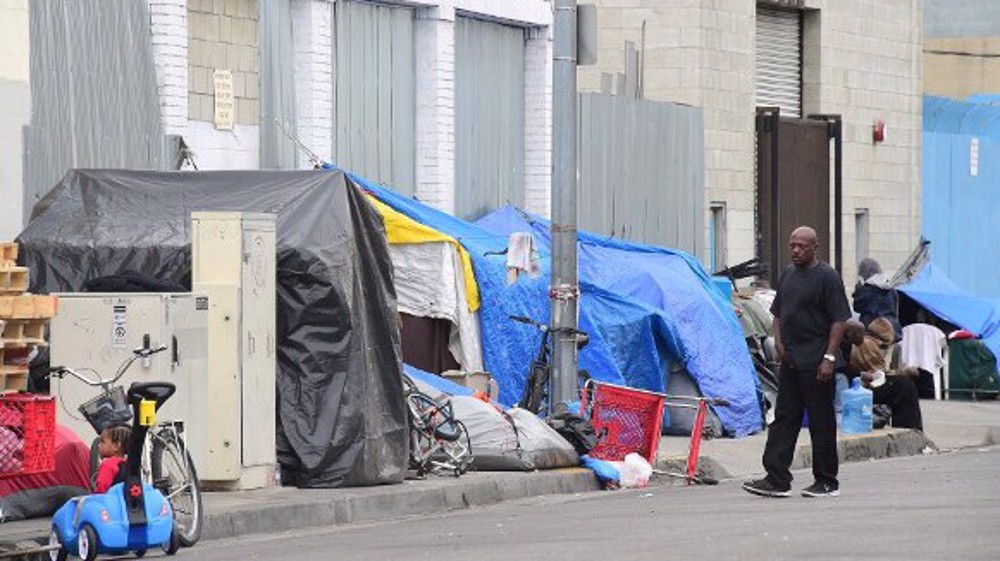
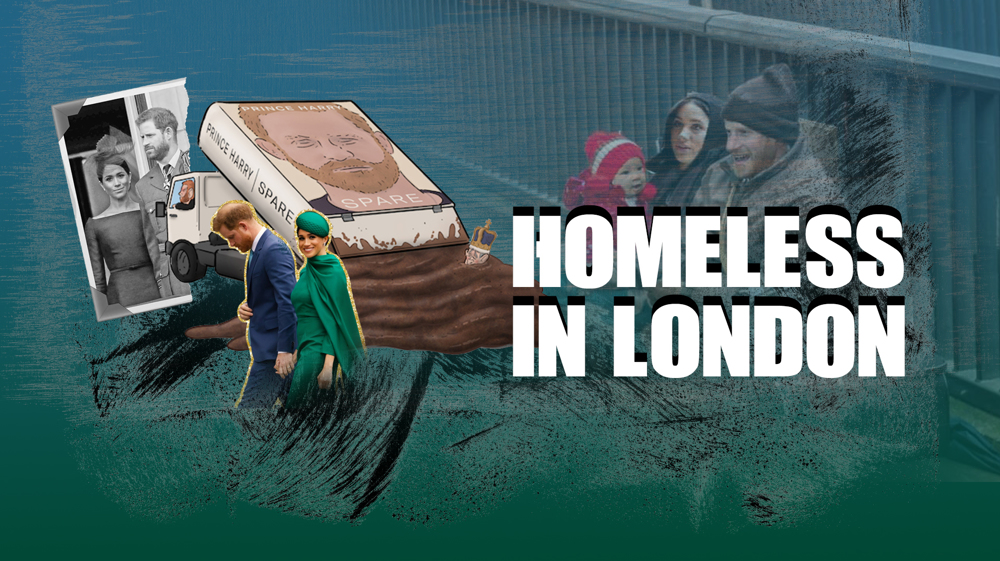
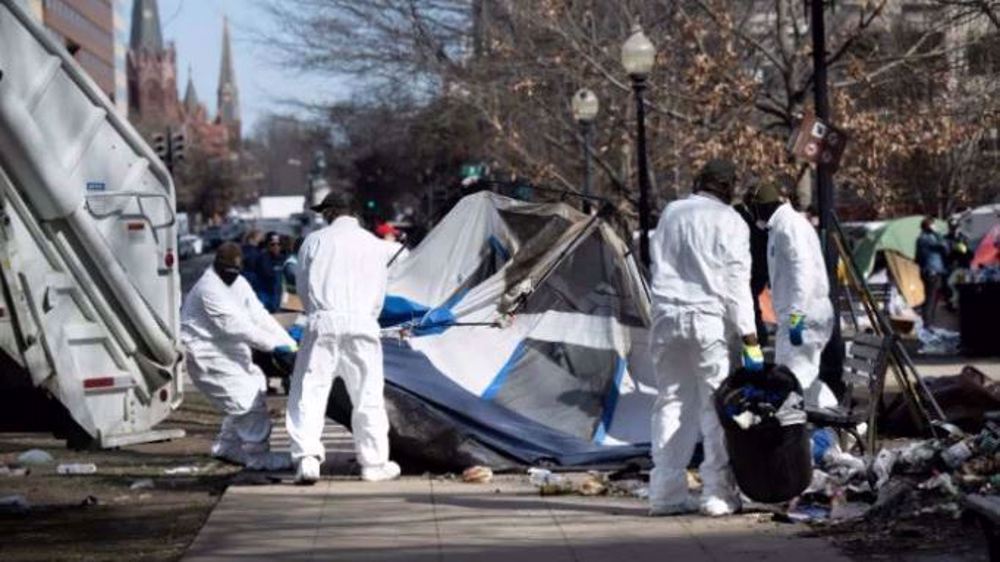
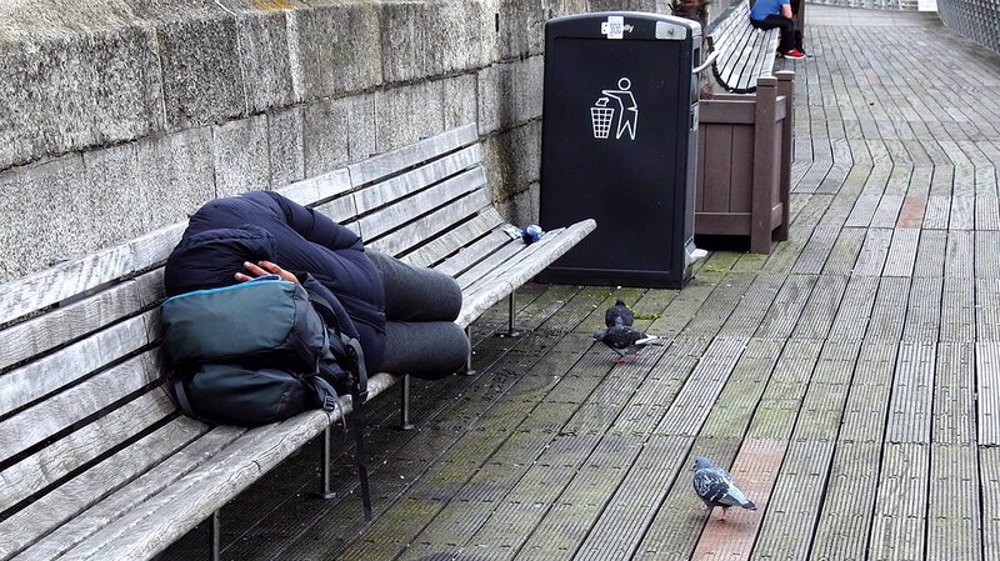
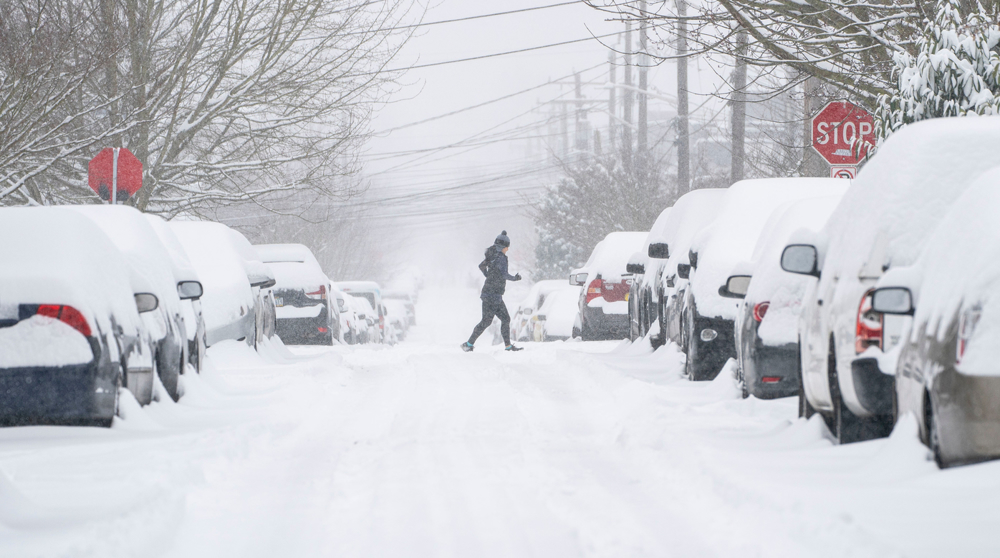
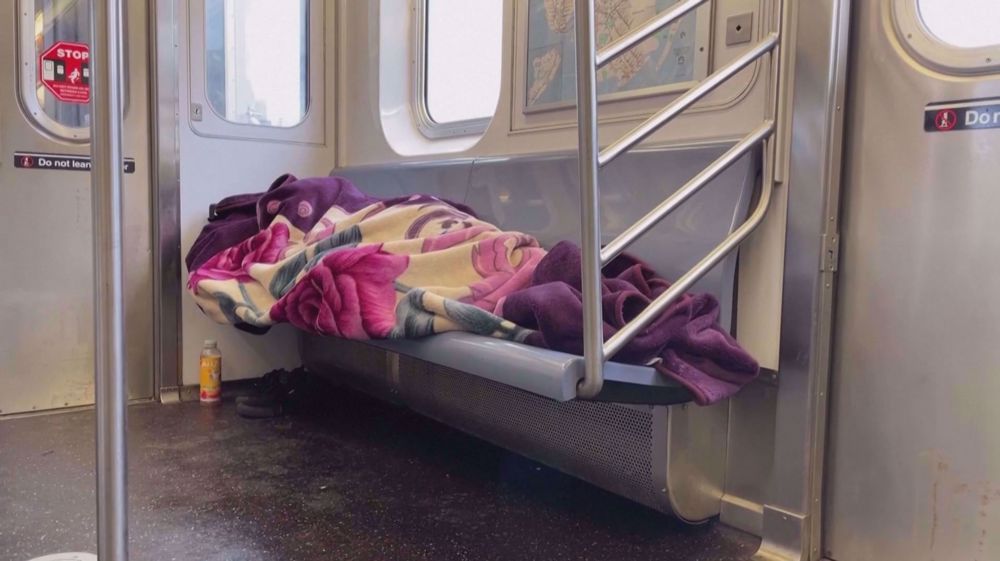
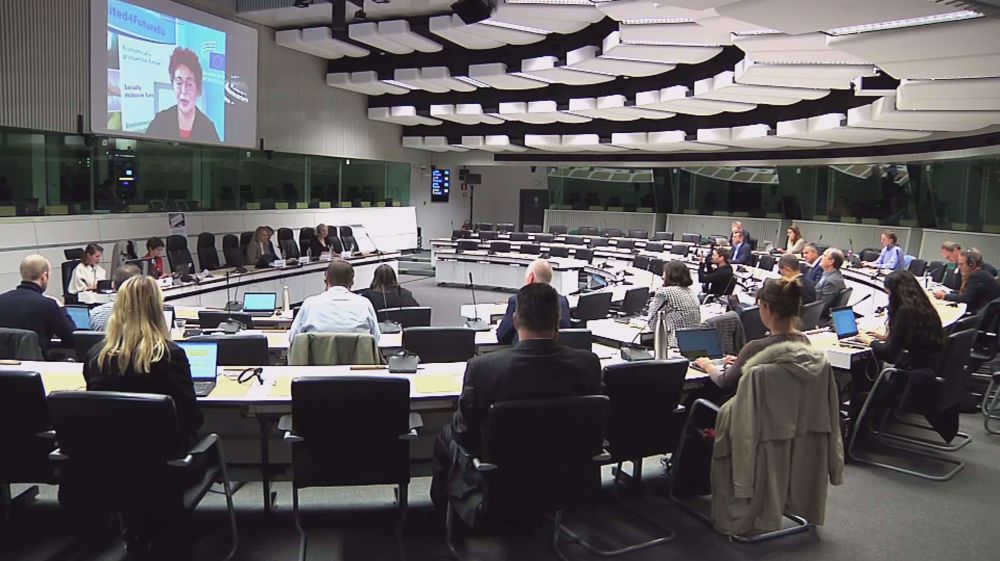
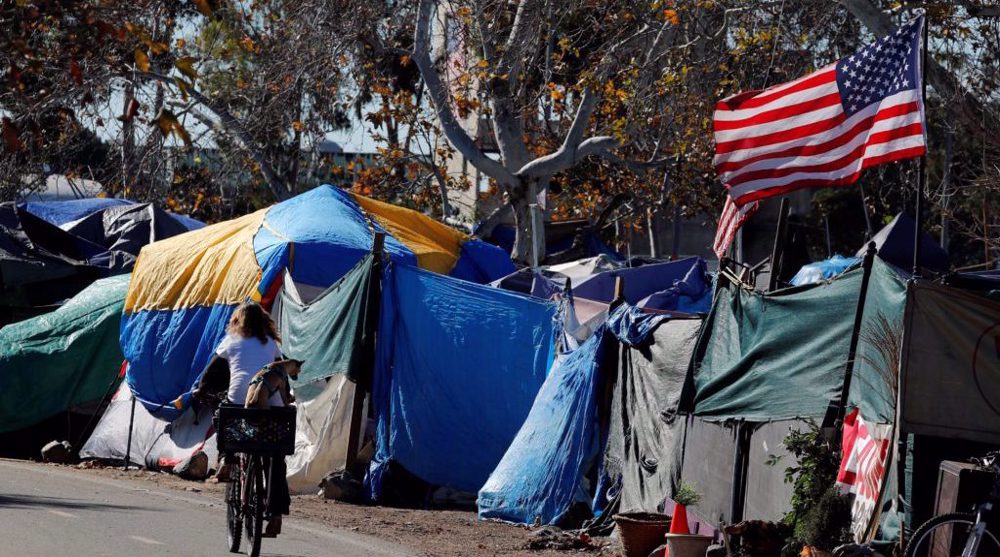

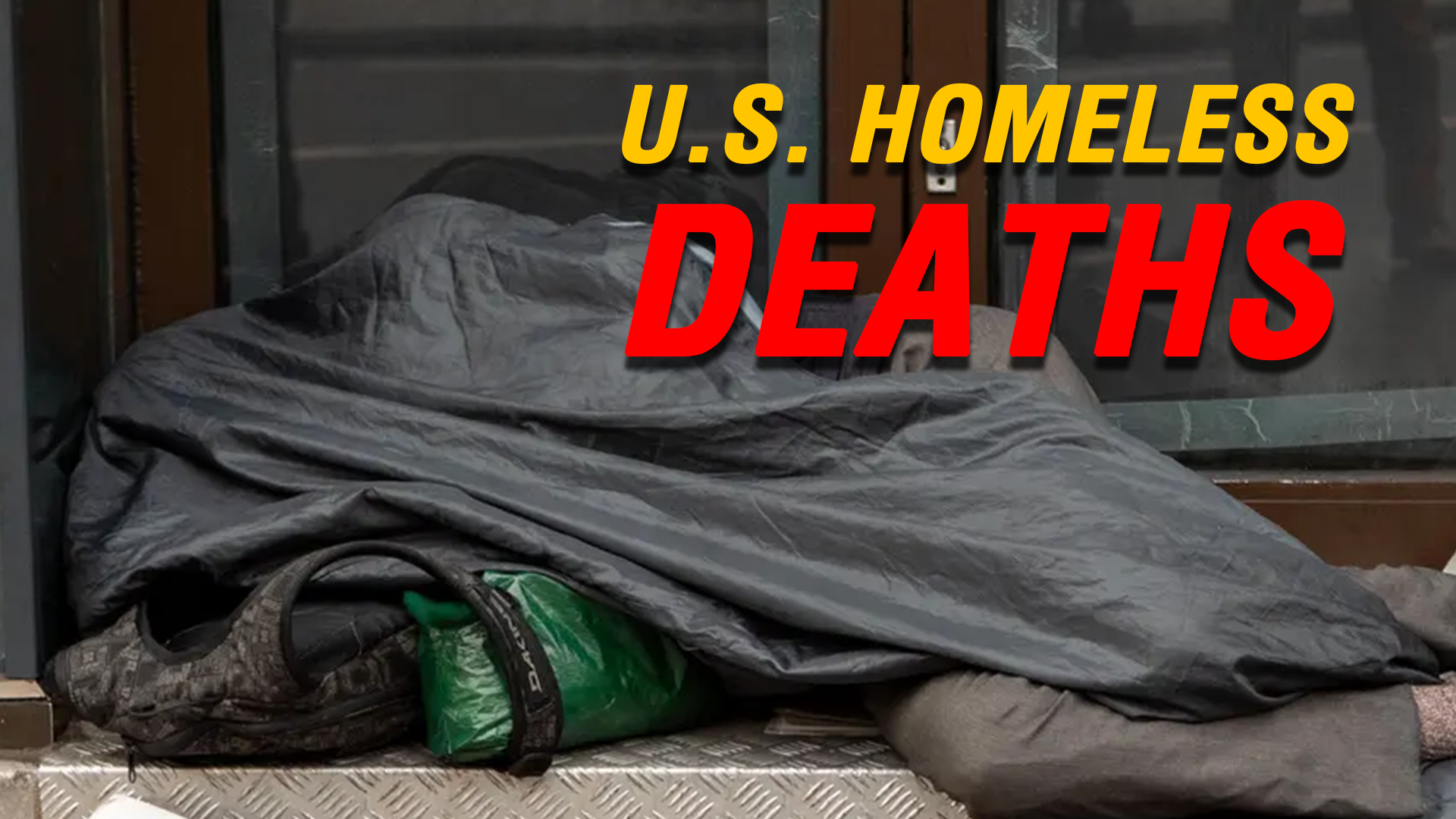

 This makes it easy to access the Press TV website
This makes it easy to access the Press TV website